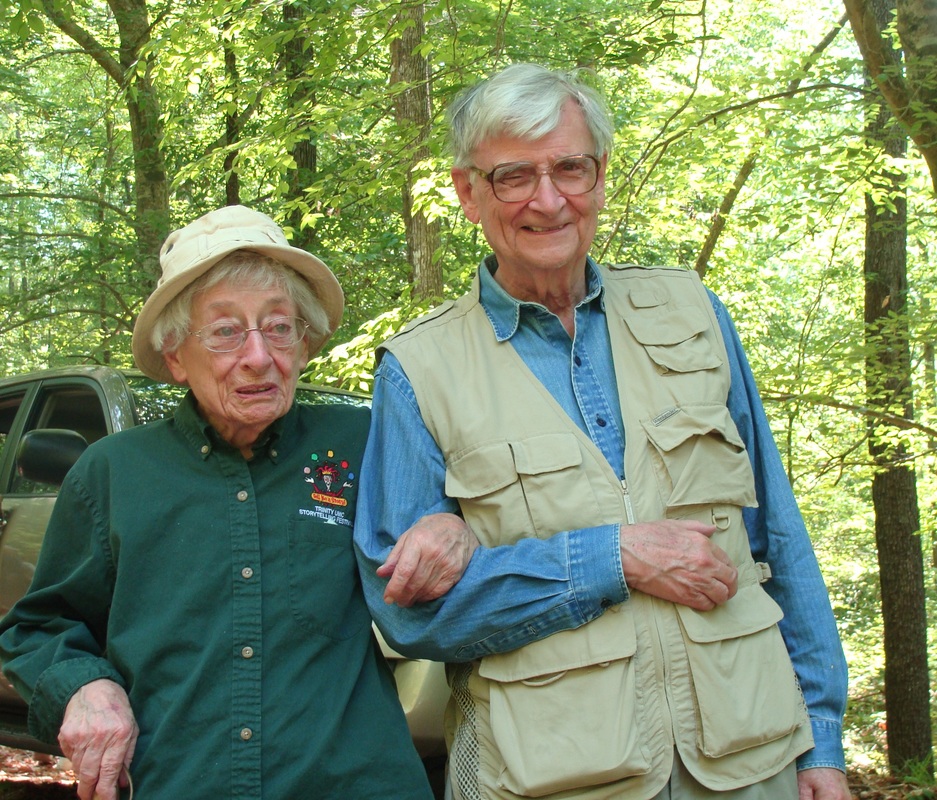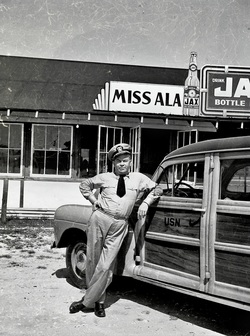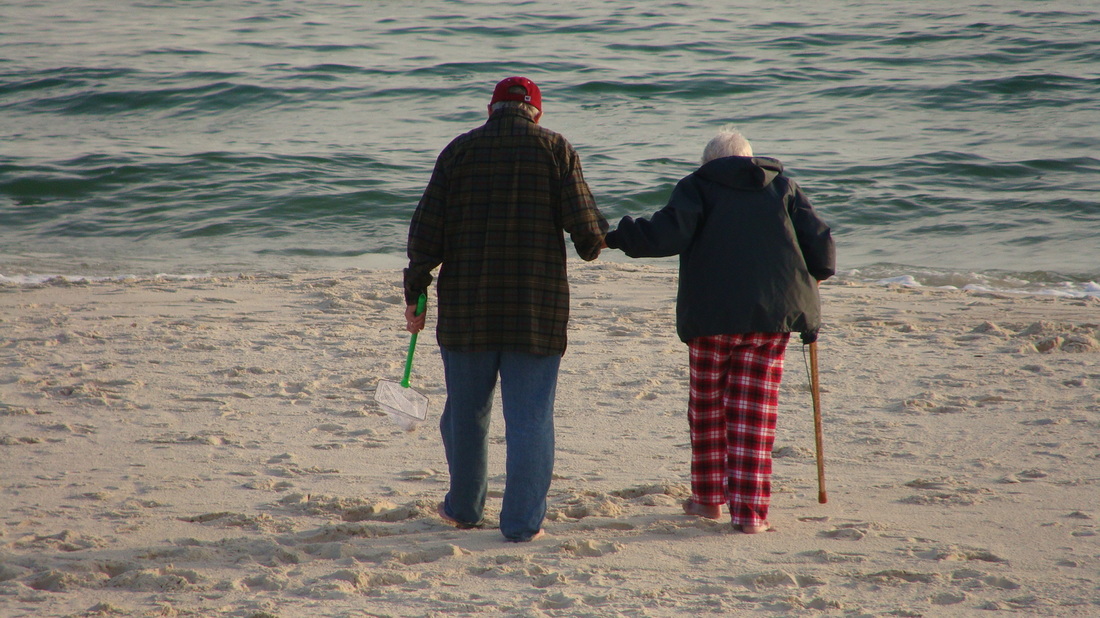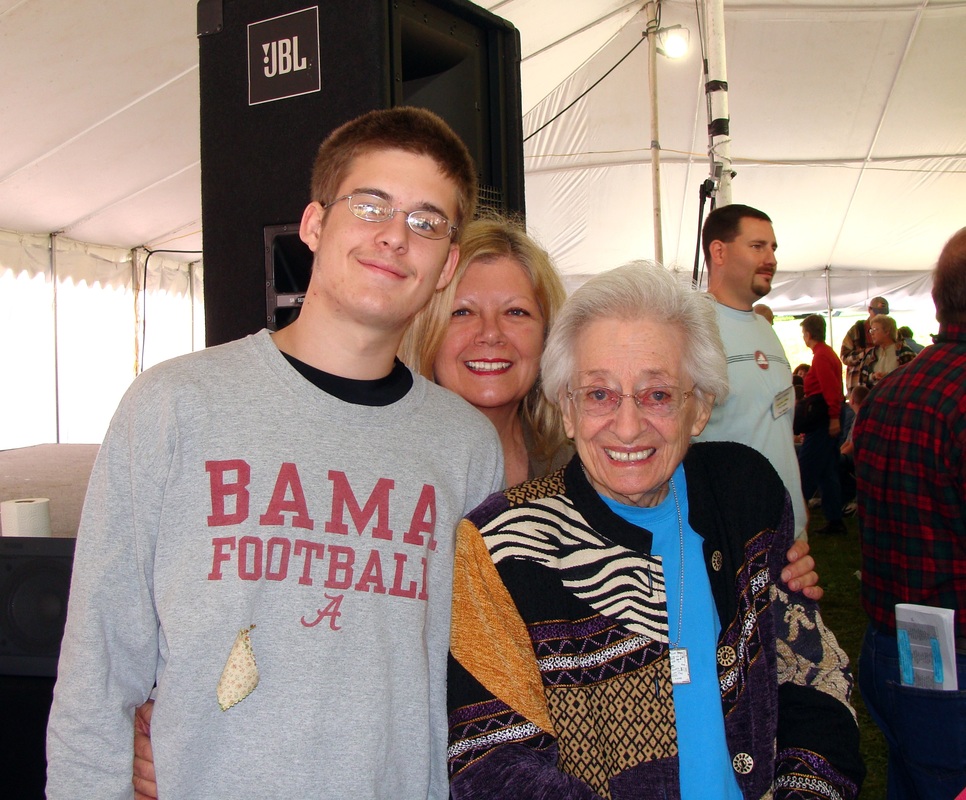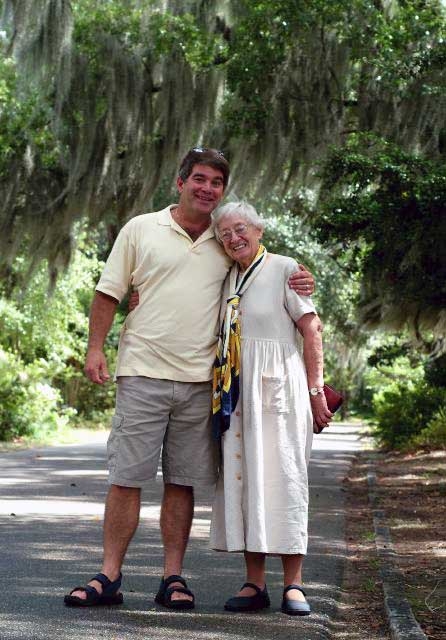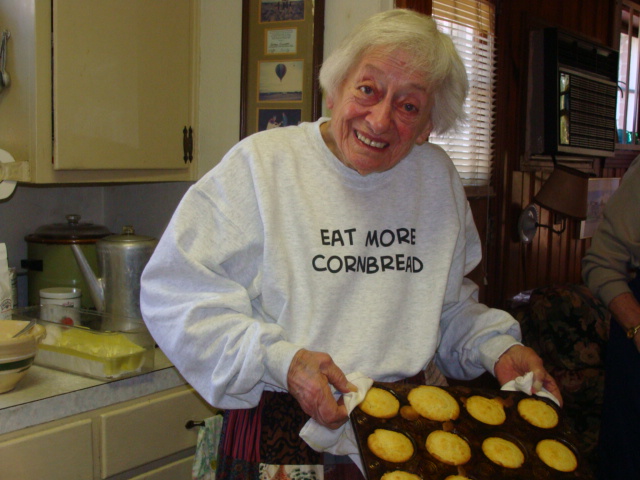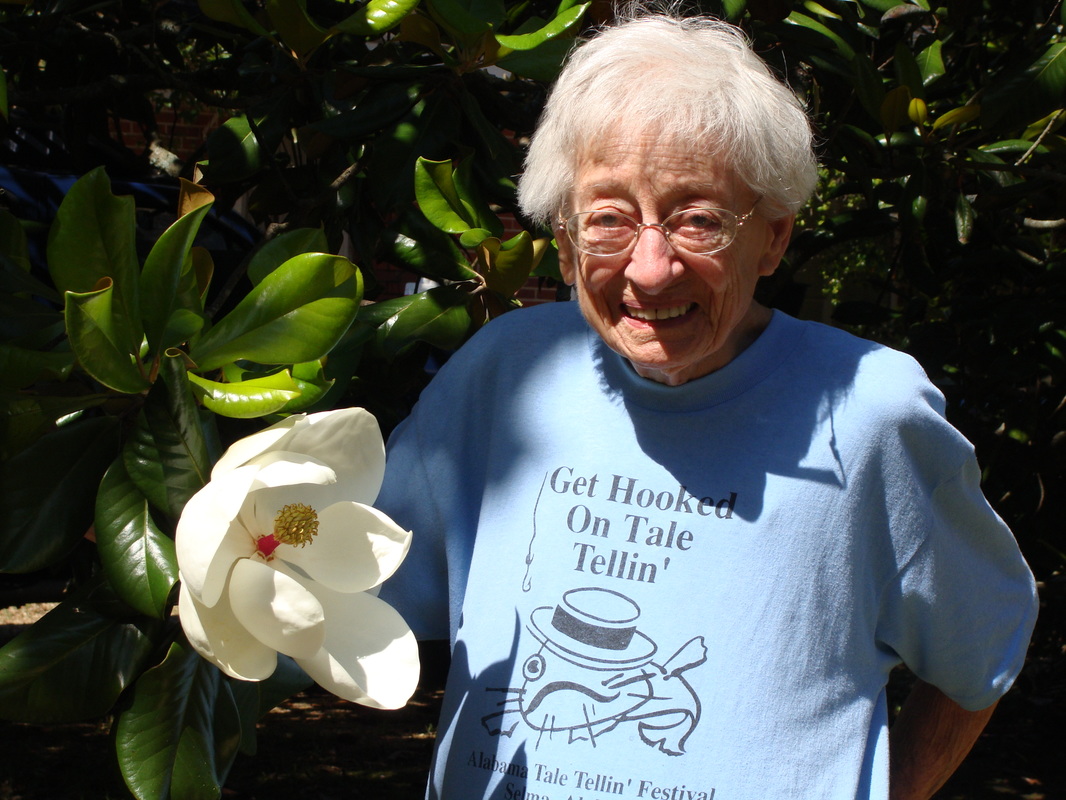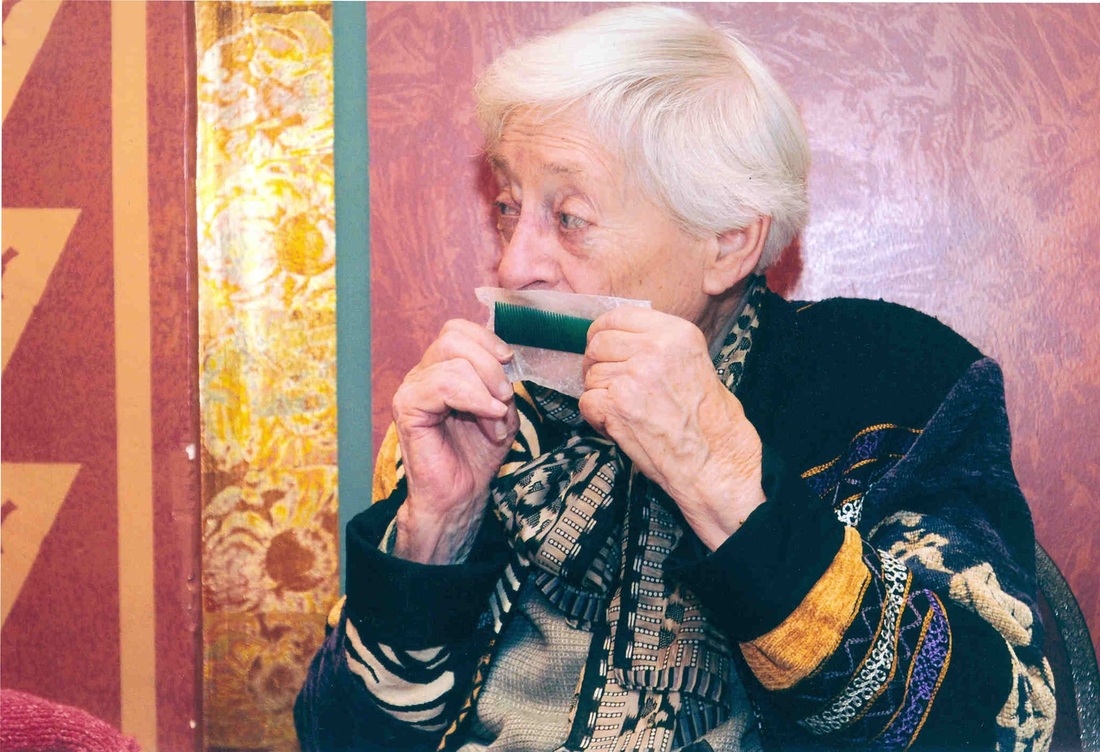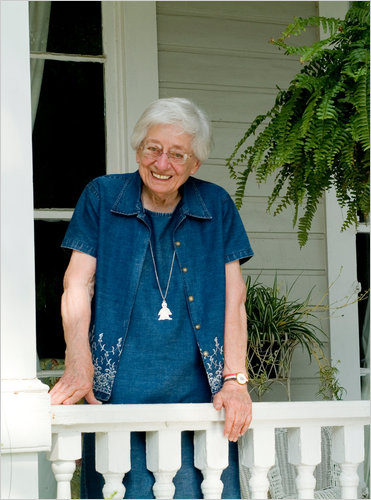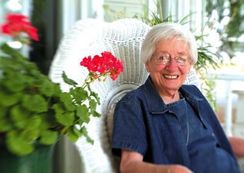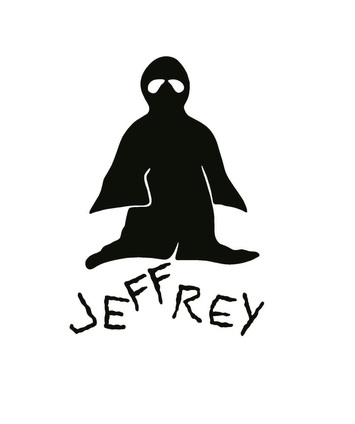|
Halloween
With All Hallows’ Eve upon us, I think back to the occasion when I was growing up in Selma. It was a time long before anyone dreamed of it being an offensive holiday. We never had “Autumn Carnival” of “Fall Fiesta.” It was just Halloween, for Lord’s sake. Halloween meant the appearance of candy corn and chewable wax lips and wax harmonicas. Bought costumes were rare then. We usually went to our brothers’ closets for old torn jeans and baggy shirts, and, with some brown eye pencil stolen from our sisters, we transformed ourselves into dirty hobos. Every neighborhood welcomed trick or treaters, and we spent hours going door to door to gather every morsel of candy we possibly could. Our house, of course, grew to be an especially popular stop after the advent of Jeffrey, our family ghost, and the series of Jeffrey books written by my late mother. Mother loved Halloween too. It was always a simple occasion at our house. Parties and expensive treats weren’t in the family budget. We never ever even thought of making caramel apples. As I recall, Mother generally bought a couple of bags of butterscotch and peppermint discs to give out, and she was not especially generous with those! A firm rule she abided by also saved on the outgoing candy. She wouldn’t give a treat to anyone who was taller than she was. Many a teenage boy was turned away because, in her mind, he was just too big to be trick or treating. In those early days of that middle class, carefree neighborhood, Mother also liked to dress in a long velvet black cape to answer the door on Halloween. She also had a magnificently hideous rubber hand with long black fingernails and warts all over it. When a knock came, she liked to ease that rubber hand around the front door to the horror and delight of young visitors. We still have the velvet cape, but the hand, I suppose, has long since turned to dust. One Halloween, long after Mother discarded the cape and hand, a friend called to see if she could bring her granddaughter by for an afternoon visit. When her guests arrived, Mother was at the front door to greet them. From the end of the sidewalk, the little girl stood and shrieked, screaming at the top of her lungs, “I WON’T GO IN THERE UNTIL THAT LADY TAKES THAT MASK OFF!” The fact of the matter was that Mother was not wearing a mask. Mother told that story and laughed about it for years. It was just the sort of thing that tickled her most. She always ended that story by saying, “I hope that poor child has recovered….”
0 Comments
(Unless otherwise noted, the Kathryn Tucker Windham blogs are written by her children, Ben Windham and Dilcy Windham Hilley.)
Mother was a crackerjack storyteller. I’ve seen her hold audiences of a thousand listeners in the palm of her hand, rapt, while she told stories of her family and her upbringing in Clark County, Alabama. They say timing is everything in storytelling, and Mother’s was impeccable. As one National Public Radio host once noted, “Her pauses were almost as long as her stories.” She said she got her storytelling talents from her father, James Wilson Tucker, who was a master tale teller. Her father smoked a pipe while he told stories to family and friends on their long, rambling front porch. He would pause in his storytelling to take a draw on the pipe. It may have been his pauses that influenced Mother’s own cadence in her storytelling. Mother also had a tendency to drift from one story into another during her telling. She might start a tale about her colorful aunt, Bettie Forster, and before we knew it, Mother had wandered off to another story about aprons or sweat bees or how she disliked housekeeping. Eventually, she would find herself back on track to the story she began with. In all of Mother’s years of storytelling, I saw her stumble only once. She was deep into a story about a devastating fire at an antebellum mansion in South Alabama. The house was situated on the river, and there was no fire department, so the men of the community formed a bucket brigade, drawing water from the river to hand along from man to man to douse the burning structure. The audience was enthralled, hanging on her every word as the tale unfolded. And then she said it. “The men were all passing water,” she said as the story progressed. When she realized what she’d said, I watched her take one of her famous pauses, but, knowing her so well, I saw something more. She was about to burst out laughing at her own impropriety. The pause was unusually long as she struggled to recover. And she did, but after the event was over, she and I could hardly wait to laugh hysterically about all those men “passing water.” I miss much about being with my mother, but her sense of humor is far up the list of the reasons I loved her so. |
Archives
November 2022
We welcome YOUR comments on our blog posts. You will see a "comments" link at the top and bottom of each page. Feel free to join in!
Want to get alerts when new posts are added to this Blog? Visit and "Like" our Facebook page and you will see the new posts there when they are added! Click here to visit the new Kathryn Tucker Windham Facebook Page. |
|
"Some people are important to intellectuals, journalists, or politicians, but Kathryn Tucker Windham is probably the only person I know in Alabama who is important to everybody."
–Wayne Flynt, Professor Emeritus in the Department of History at Auburn University. |
CONTACT US
Dilcy Windham Hilley Email: [email protected] © 2023 - Dilcy Windham Hilley. All rights to images belong to the artists who created them. Site by Mike McCracken [email protected] |
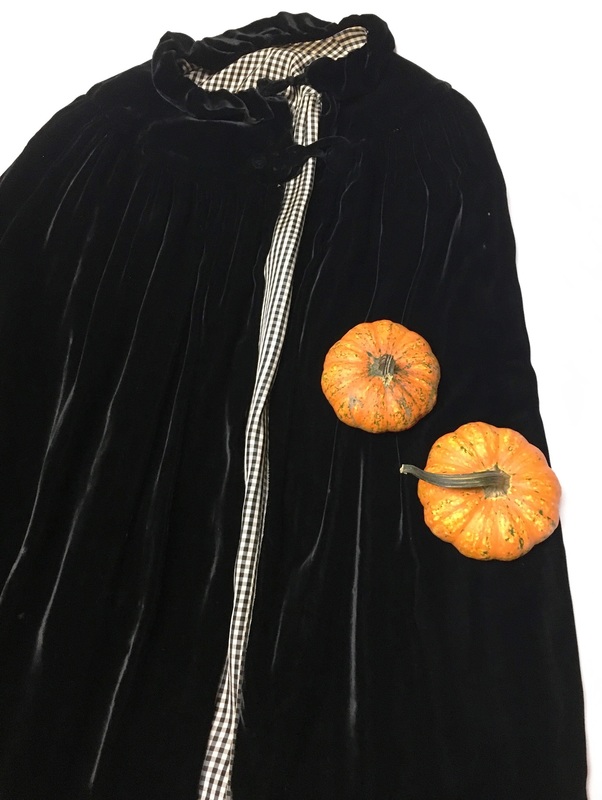
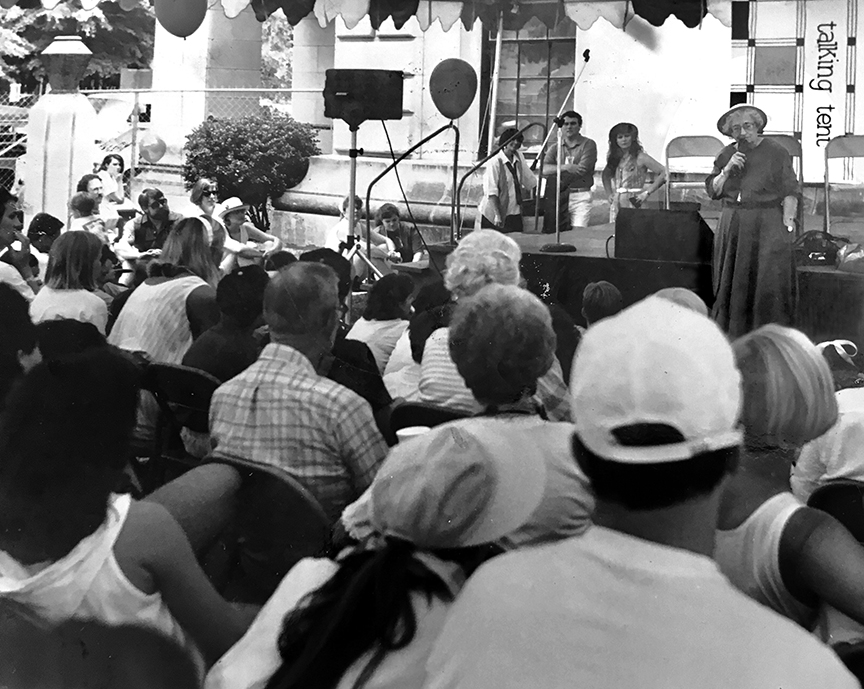
 RSS Feed
RSS Feed
